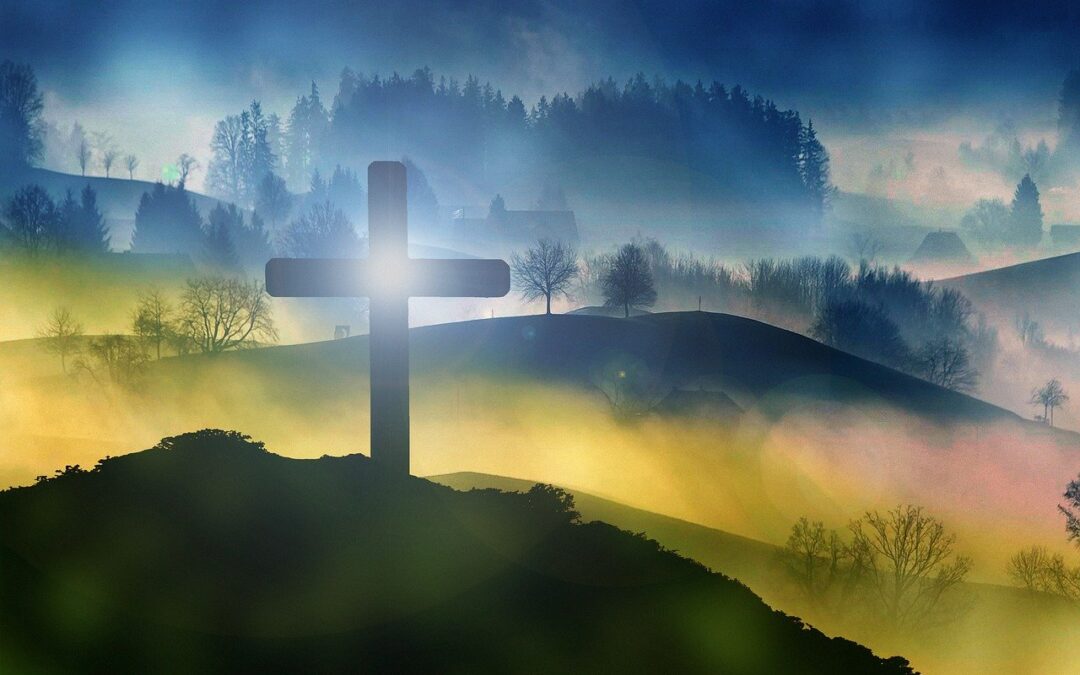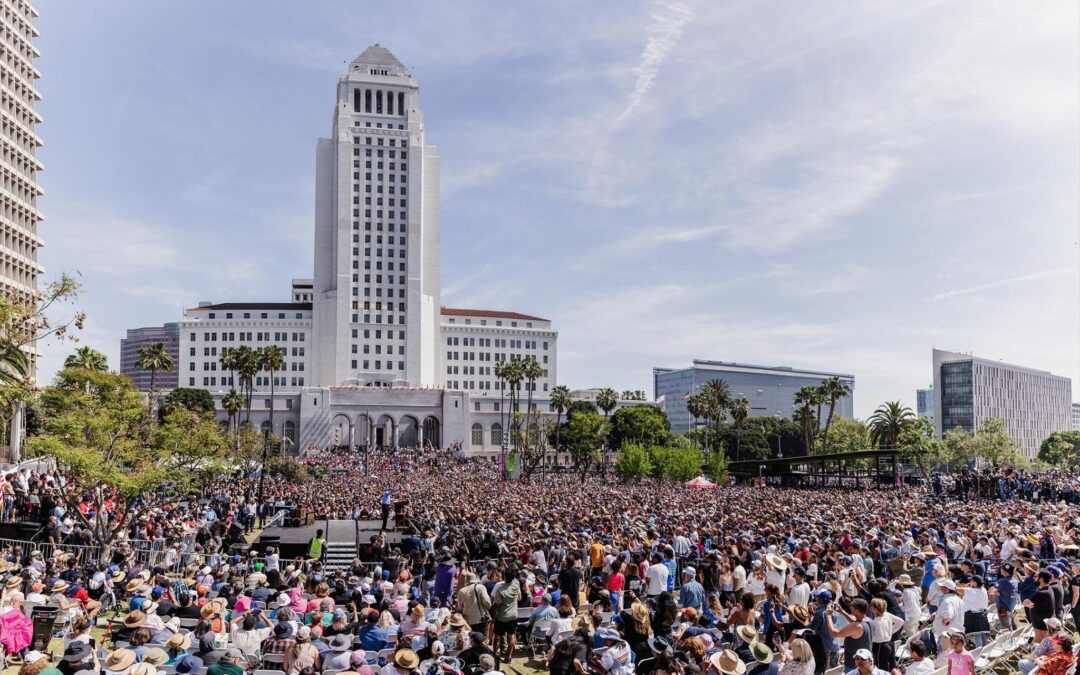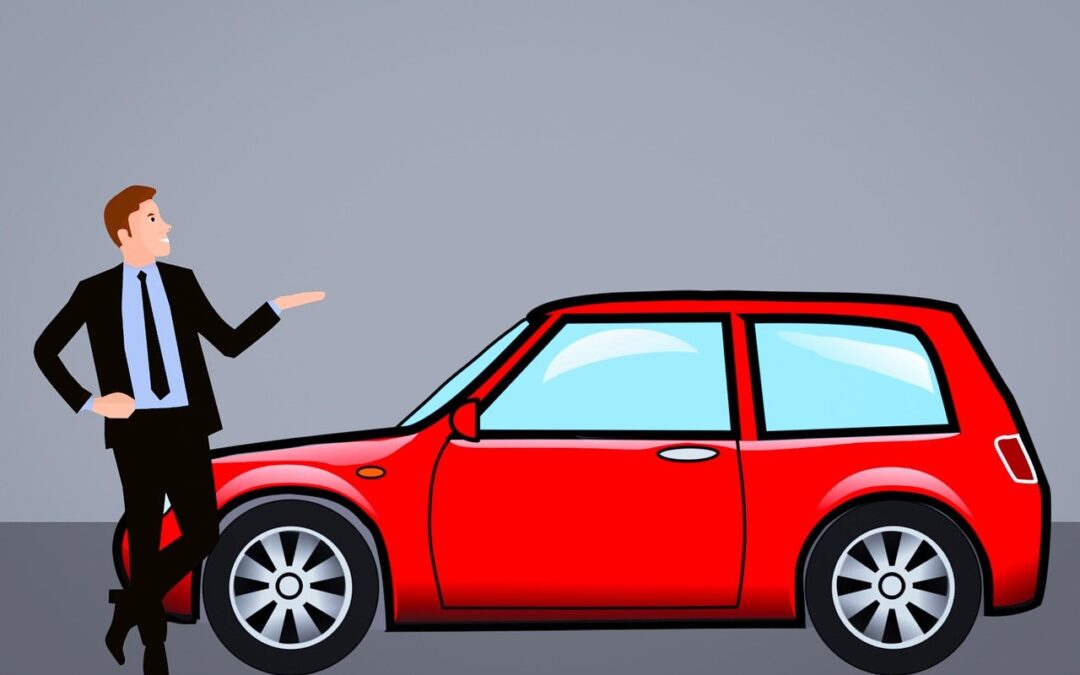
Memorial Service
Memorial Service
Parents suffer terribly when their child dies. They never recover. My friend, Michael, recently lost his adult child. I hadn’t seen Michael at the gym for a month or two. I didn’t know why, but I thought he was on vacation. Unfortunately, he wasn’t.
Michael’s friend sent me a text last week, with a link to an obituary. At first, I was confused, because I didn’t understand why I was getting that notice. Then I saw that Michael was the father of the young person who died. But that’s just the beginning.
Invitation to the memorial service
Often, there is no big funeral when people die in California. However, a month or two later, a memorial service is held for them. Family and friends attend this celebration of life, and there are usually food and drinks available. I received an invitation to the service via another text, and I replied that my wife and I would be there. On Saturday, we dressed up for the occasion, and drove to the service venue - a golf course. We went there and a sign directed us to the ballroom. There was a table just inside the ballroom door, which had a screen showing photos from Áine's life there, and other mementos on the table as well. She had only been 22 years old when she died.
Micheál, Máire and Pádraicín were with her, and they welcomed everyone as they came in. Áine's parents - Micheál and Máire, have been divorced for a few years, and Padraicín is his current partner. A staff member then directed us to our seats. There was a leaflet on each seat for us, with a photo of a man (Liam) on the front page and a photo of a woman (Áine) on the back page, and a program on the center pages.
Áine was a male-to-female transgender person. She had gender reassignment surgery a few years ago when she was 20 years old. She grew up as a boy named Liam.
There were many people mentioned on the programme: Micheál at the beginning, Áine’s sister, Áine’s friends, her uncle and aunt, Padraicín and Máire at the end.
Celebration of Áine/Liam’s life
Micheál thanked us all for being there. It gave him and his family support and comfort, he said. He had fond memories of Áine and the relationship between them, and Micheál broke down crying from time to time during his speech, because it was very difficult for him to be up on stage, talking about his child like that. He said that it was difficult for him, his ex-partner, and his partner to accept it when Liam (at the time) told him what he was thinking. But they accepted him, and gave him their full support. When Liam had changed to Áine, Micheál admitted that he had never seen his child so happy before. She did not live at home at the time, but she went there often, because the university she attended was not too far from home. Micheál then said that things are not easy in America right now, but especially if you are transgender or an immigrant. The government targets all kinds of attacks on vulnerable people like that, he said. I was in tears and so was everyone listening to him, because this is an incredibly tragic story.
Áine’s sister, Emma, then came up on stage. She told us funny stories, because Liam was definitely a character, as they grew up together. There was devilment in his jokes. When someone was on the side of the road fixing a hole in their wheel, Liam rolled down his window and shouted at the poor guy, saying they weren’t allowed to park there. Emma said that Liam was also very smart, and that it was easy for him to learn science and maths. He enrolled in an engineering course at university without any problems, as he got great results in the entrance exams.
Everyone else praised Liam/Áine highly, both family and friends, and they had lots of stories to tell. At the end, Liam/Áine’s mother came up, and she also told a story or two. Then, she recited a poem by Robert Burns. The heartfelt speeches touched us all emotionally. Everyone was exhausted by the end.
Food and drinks were available afterwards. Most of the people at our table - all of us Michael’s friends from the gym - were leaving. So, we went home too, because we didn’t know anyone else, except for Micheál, and he was already very busy.
Conclusion
The suicide attempt rate among transgender people worldwide is between 32% and 50%. The main risk factors influencing suicidal behavior among transgender people are gender-based victimization, discrimination, bullying, violence, rejection by family, friends and the community; harassment by a personal partner, family members, the police, the community and the government, and discrimination and abuse in the health care system.
We will never know all the factors that formed a major influence on Áine, but the cultural and political environment were likely a few of them. In any case, it is a great sadness to her family, her friends and all of us, that Áine lost her life by suicide in the prime of her life, – eternal peace to her soul.









